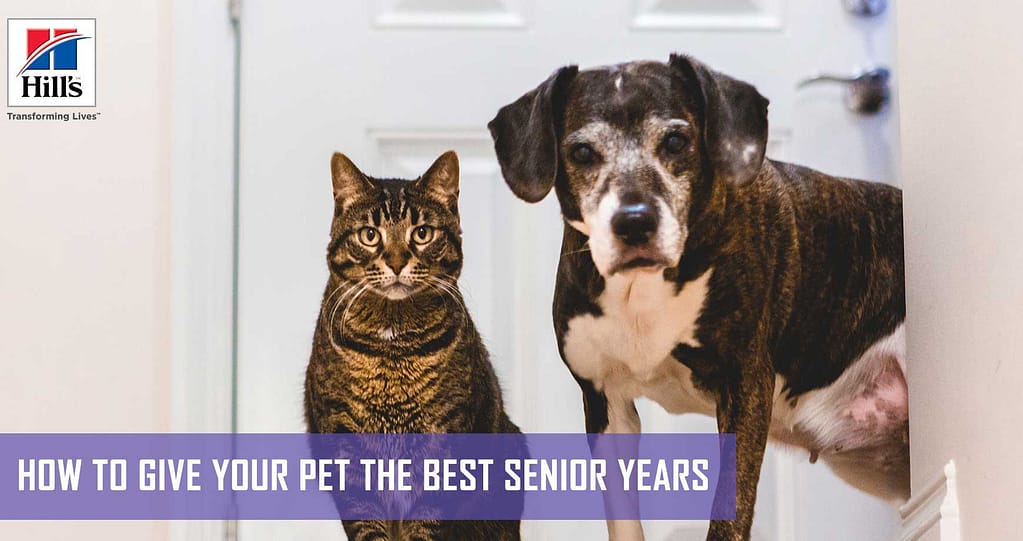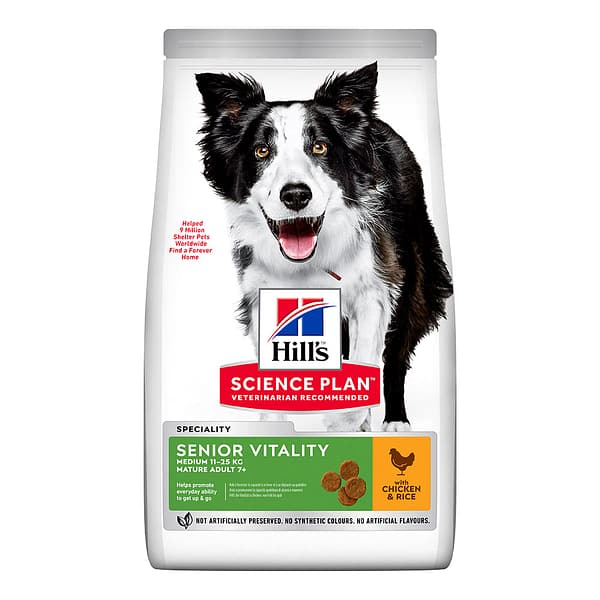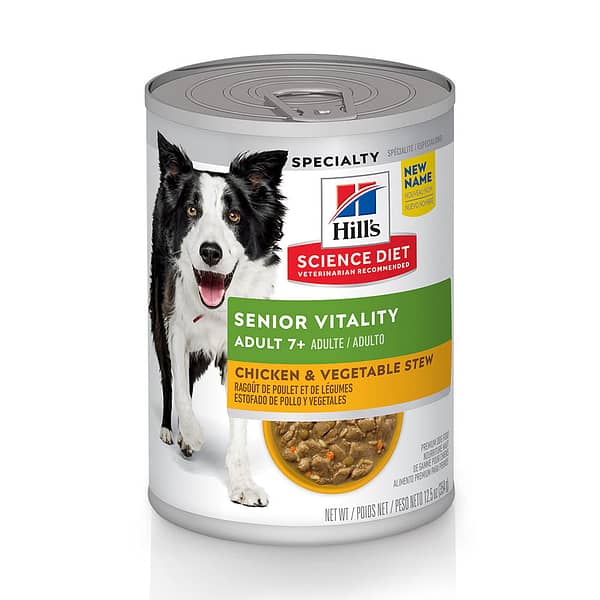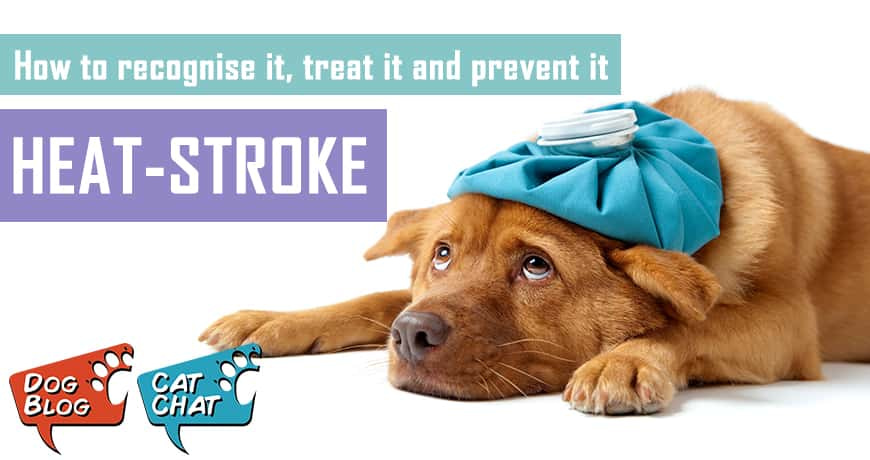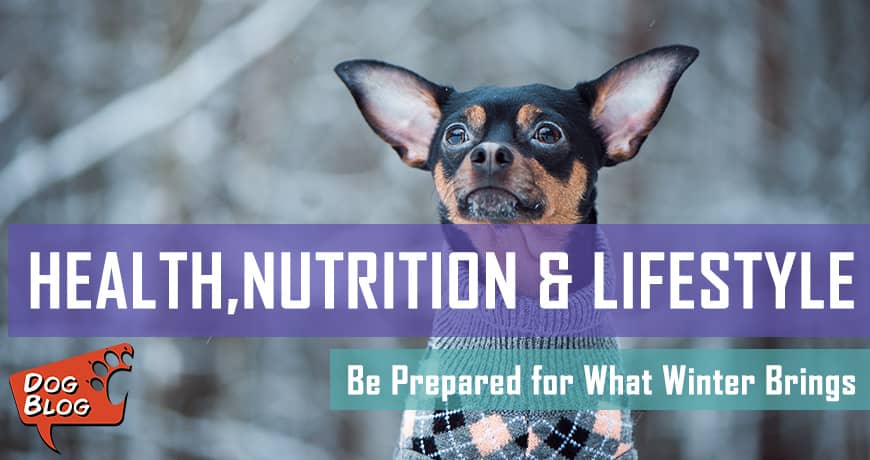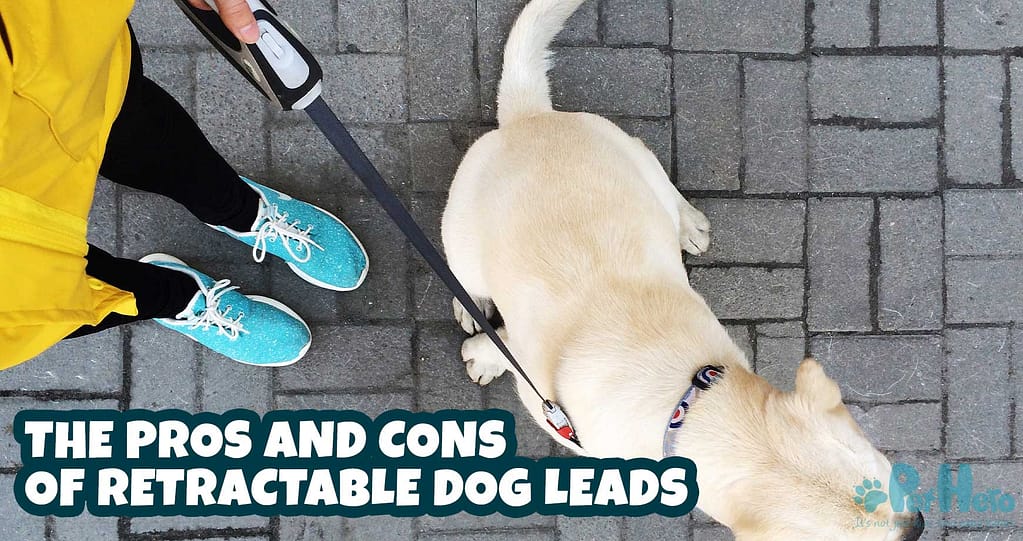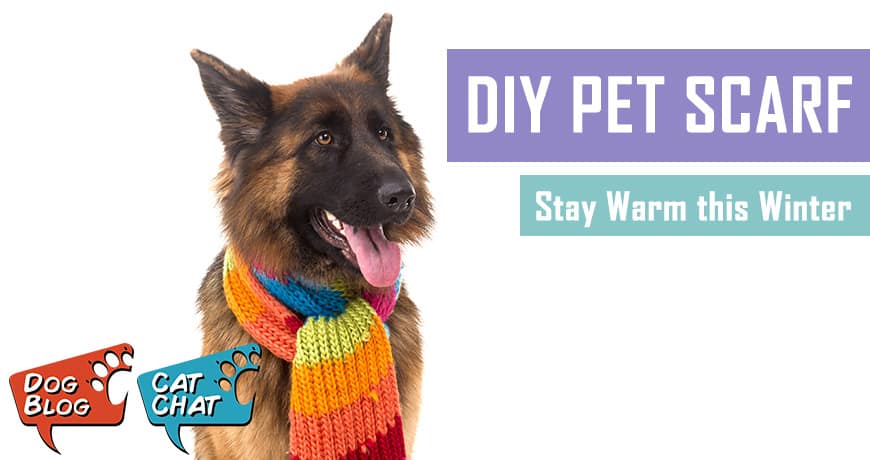[Sponsored post] Our pets’ lifetimes seem to flash before our eyes. You look up one day and feisty Fido or active Abby seem to have slowed down considerably, sleep more, eat less and maybe just maybe their breath is a bit more pee-yew than you remember. Older animals need a change in routine to support their ageing bodies and minds, so here are some guidelines on how to give them the best golden years a pet could ever want.
1. Good diet is the best medicine
Your senior pet’s nutrition is the most important factor that will determine the quality of their life as they age. As with humans, pets have changing dietary needs when they age. Their metabolism will slow down, so they may need less energy from fewer calories, but they need higher quality calories in the form of high-quality proteins to ensure their muscles don’t waste and they don’t lose body mass.
Fewer calories vs better calories
Ask your vet for advice on adjusting your senior pet’s diet. Older dogs need about 20% fewer calories than younger dogs, lower fat content in their food, and they would also benefit from a diet than includes L-carnitine, which helps your dog’s system to break down fat to use for energy. However, as your old dog gets really old, they may start to lose weight because of their dimmed senses of smell and taste, lower appetite, difficulty eating, and poor nutrient absorption. In this case, they would need food with a higher fat content, which gives them a more condensed source of energy.
Fibre vs water
Senior pets also need more fibre to regulate their blood glucose, help their digestive system along and avoid constipation, but they also need more water as they tend to dehydrate faster. Keep an eye on your senior pet’s water intake and encourage them to drink water more regularly, especially if they’re getting more fibre.
Organ vitality
As pets age, their vital organs – heart, liver, kidneys, pancreas – will be ageing rapidly too. When vital organs malfunction and pets suffer from kidney failure, diabetes, liver disease or heart problems, their diet will need drastic adjustment to make the vital organs’ functioning less taxing. More fibre regulates your pet’s blood glucose (making less work for the pancreas), and fewer minerals (like sodium and phosphorous) ensure your pet’s kidneys and liver don’t have to work so hard in the elimination process.
Joint health
Many older pets will experience difficulty jumping up onto and down from furniture, climbing stairs, and good ol’ running. Ageing joints become painful, so it’s important to include glucosamine and chondroitin in your pet’s diet, which help to reduce joint inflammation and promote joint repair, respectively.
Senior Vitality
Hill’s Science Plan have a specially formulated special care range called Senior Vitality, which is available in both kibble and wet variants for dogs and cats. Senior Vitality is perfect for ageing pets who need a higher quality source of protein-based food, which is both tasty and easy to digest. It also contains the perfect balance of minerals to go easy on your pet’s vital organs, as well as added omega-3 and -6 fatty acids and vitamin E for healthy skin and coat. The supplemented L-carnitine helps larger dogs as well as cats to regulate their bodyweight as they get older. It also contains glucosamine and chondroitin for older pets’ joints. The Senior Vitality range supports older pets’ brain function as well as social interaction, which makes a huge difference to their quality of life.
2. Home is where your pet lies
Your dog or cat’s bed is their haven. As they age, their bodies may lose fat and muscle mass, which means bones and joints are exposed to hard surfaces. Also, ageing pets may experience painful joints, which need proper care from the inside (in their diet) and support from the outside. Either invest in a new, soft and supportive pet bed, or at least provide better cushioning on your pet’s existing bed. Older animals also need additional warmth, especially in winter, so keep some extra blankets available.
3. Enough exercise, but not too much
It’s tempting to think that as your pet ages, they will simply be content to lie on your lap or at your feet and live out their days in relative sedentary comfort. However, older pets still need consistent exercise (every day, at the same time) at a moderate level. For dogs, this would mean a daily walk at a pace and distance they are comfortable with. For cats, some playtime with a new toy (for novelty) and a jaunt around the garden, or making your cat work for her treats will help to keep her active.
The key is to be consistent and to not over-exert your ageing pet. Look out for signs like noticeable slowing down or resistance to your encouragement, and excessive panting or drooling in dogs. Of course, they’ll never tell you they’ve over-extended themselves – they want to please you, and if it looks like you want to play, they’ll play!
4. Call the doctor
Just because your pet is getting older and doesn’t need vaccinations as frequently as when they were younger, doesn’t mean you shouldn’t take them for their annual check-ups. Your vet’s relationship with your pet and their ability to determine if your pet is straying from their health baseline depends on these regular visits. It also gives your vet the chance to keep an eye on your pet’s oral health, which may deteriorate faster as your pet’s teeth will be a lot more worn down in their senior years.
Keep your vet informed of any changes in your pet’s eating and sleeping habits, their toilet habits and any other behaviours that may be a cause for concern. Let your vet rule out any major health risks and offer care advice for your beloved senior pet. Most importantly, ask your vet for advice on your senior pet’s nutritional needs, as this is the best place to start when it comes to your pet’s overall health.
The Senior Vitality range
-
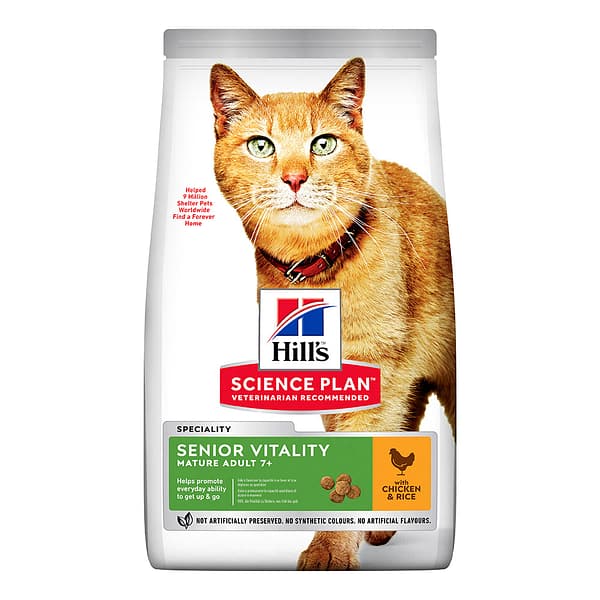 Hill’s Science Plan Adult 7+ Senior Vitality Dry Cat Food Chicken FlavourR339.00 – R1 249.00Rated 5.00 out of 5 based on 1 customer rating
Hill’s Science Plan Adult 7+ Senior Vitality Dry Cat Food Chicken FlavourR339.00 – R1 249.00Rated 5.00 out of 5 based on 1 customer rating -
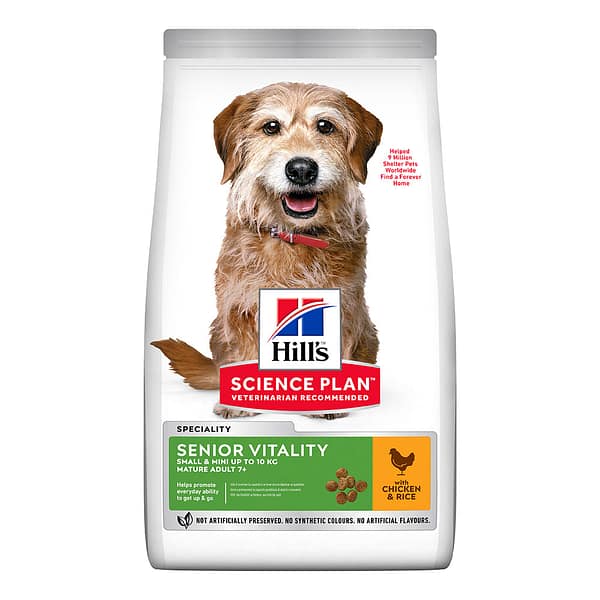 Hill’s Science Plan Adult 7+ Senior Vitality Small & Mini Dry Dog Food Chicken FlavourR275.00 – R999.00
Hill’s Science Plan Adult 7+ Senior Vitality Small & Mini Dry Dog Food Chicken FlavourR275.00 – R999.00 -
Hill’s Science Plan Adult 7+ Senior Vitality Medium Dry Dog Food Chicken FlavourR465.00 – R1 615.00
-
Hill’s Science Plan Adult Senior Vitality Wet Dog Food Chicken and Vegetable FlavourR67.00

